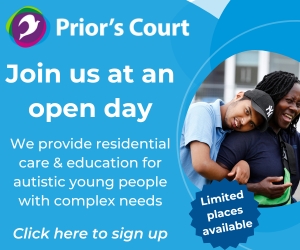What To Do If You Think Your Child Has ASD
Autism, or Autism Spectrum Disorder, is a much more widely recognised condition these days, and both teachers and parents are more aware of signs and symptoms of ASD in a child.
Your child’s teacher may have approached you with concerns, or you may have had your own thoughts about this for a while, but if you think your child may have ASD it is better to begin the process of diagnosis as early as possible.
Language and social development are a major part of ASD, and this can affect their learning and overall experience of school. Many children with ASD will find school challenging. If you have any concerns it is worth speaking to your child’s school before you have a formal diagnosis as it can be a lengthy process, and in most cases schools will offer additional assistance before a there is a formal diagnosis.
The average age of diagnosis for ASD is around five and a half, but there is currently no formal test for autism. Healthcare professionals will assess your child against a broad set of criteria and diagnosis is essentially a matter of their judgement. Because of this there are sometimes situations where professionals disagree with each other. If you think your child may have ASD your first port of call should be your family GP. They should be able to refer you for a paediatric assessment.
Paediatric assessments can differ depending on your local authority. Some people will see only one expert, whereas others will see two or three or possibly even more. You should receive information about exactly what the process entails when you are referred. Remember to keep your child’s school informed at each step of the process; their class teacher especially will want to know about any progress towards a formal diagnosis.
Assuming that your child is given a diagnosis of ASD, you should liaise with the school again to agree the best course of action. Some schools already have a robust SEN (special educational needs) process which will be able to meet your child’s needs. If they think this will not be the case, you can apply for an assessment for an Education, Health and Care Plan or EHCP. Since 2014 this has replaced what used to be called a Statement of Special Educational Needs, and it could be crucial in ensuring your child gets the best education for them. An EHCP is an official document which details your child’s specific needs. It will also detail what adjustments a school should make in order to accommodate them, any additional support or therapy your child is entitled to and what kind of school or college is able to meet their needs. This is a document which will follow your child throughout their education, ensuring any and all education providers are aware of their needs and rights.
If you think your child may have ASD it can be a scary and emotional time. It is worth speaking to experts if you are not sure though, as a formal diagnosis and EHCP can make a difference in the longer term of your child’s education.







